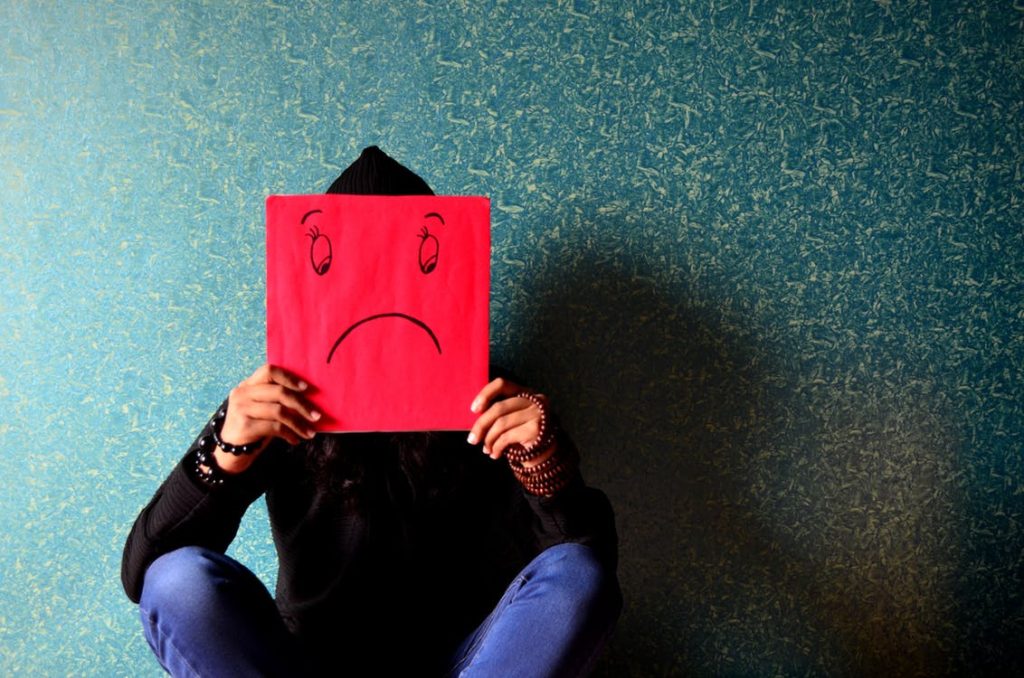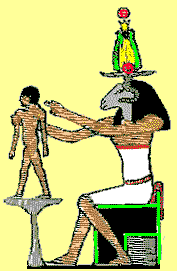It’s a thing. And Daylight Saving Time (DST) effects can mimic it or make it worse.

I experienced “seasonal affective disorder” (SAD) once. I was residing in the basement of a Minneapolis home by Lake Harriet. The dwelling had only one small ground level window and the weather was mostly gray for at least a month. I felt just as gray.
This was an unusual experience for me because as a physician of mine once said, “Sharon, you are one of the happiest people I’ve ever known – in a healthy way.”
But the lack of sunshine took a toll and I was in a depressed state that I couldn’t shake. Fortunately, the dwelling was temporary and I returned, racing ahead of a pervasive early snowstorm, to Texas, my home. Truth be told, I’m not particularly fond of heat and have never really adjusted to the Texas climate. In the summer, I avoid the ever-present, intense sun as if I were a vampire. So no one was more surprised than me when–as soon as I crossed the border from Oklahoma into Texas–I immediately jumped out of my car and actually kissed the ground because the sun was shining.
Fast forward to this morning, November 3, 2019, as I woke to the first day after we turn the clocks back. I was still lying in bed realizing that my internal clock and the external clocks in my home we’re in disagreement, and I began wondering what it would be like in the evening when darkness would settle in so early. That’s when I remembered the bout of seasonal affective disorder and the weariness of so much dark.

Curious, I searched the internet for Daylight Saving Time and seasonal affective disorder; and lo and behold, there was all lot of information on the subject. Not only had other people have the same thought, there was a good amount of genuine research.
To my surprise, DST is practiced by about 70 industrialized countries worldwide with the exception of India, China, and Japan. In South America it is observed by Paraguay and most of Chile. And this is despite evidence that observing Daylight Savings “appears to compromise the process of sleep by decreasing both sleep duration and sleep efficiency.”
Daylight Savings “appears to compromise the process of sleep by decreasing both sleep duration and sleep efficiency.”
[Neuroscience Letters, Volume 406, Issue 3, 9 October 2006, Pages 174-177]
Research indicates that DST (either springing forward or falling back) affects circadian rhythms which in turn affect cortisol levels, the possibility of acute myocardial infarction (especially in men), ischemic stroke for the first two days after the transition [Sleep Med. 2016 Nov – Dec;27-28:20-24. doi: 10.1016/j.sleep.2016.10.009. Epub 2016 Nov 2]. Fortunately, the negative physical health affects diminish quickly after the first days following transition.
Mood, however, may be adversely compromised for much longer. Because SAD is experienced as a result of loss of sunlight, autumn DST can exacerbate the problem. If you are experiencing temporary adjustment challenges, there are some ways to combat and lessen the effects:
- Similar to dealing with jet lag, adjust your rhythm to the new time. For example, on the first day or two, if you are able, stay in bed the extra hour so that you are not fatigued at the end of the day.
- If the weather is nice, go outside and walk or sit in the sun.
- Stay hydrated.
- If your sleep is disrupted, consider checking whether melatonin is a good choice for you. (Always best to consult a health care professional)
- Eat well and exercise.
- Engage in some form of meditation or mindfulness practice (proven to have numerous health benefits).
- Use a “light box” (but be aware that light boxes may be ill advised for people with cataracts, bipolar disorder; and can have other “mildly adverse affects”) [https://www.ncbi.nlm.nih.gov/pmc/articles/PMC3839957/]
— If your symptoms linger or worsen, understand that SAD can be a serious form of depression and consult your health care professional,



